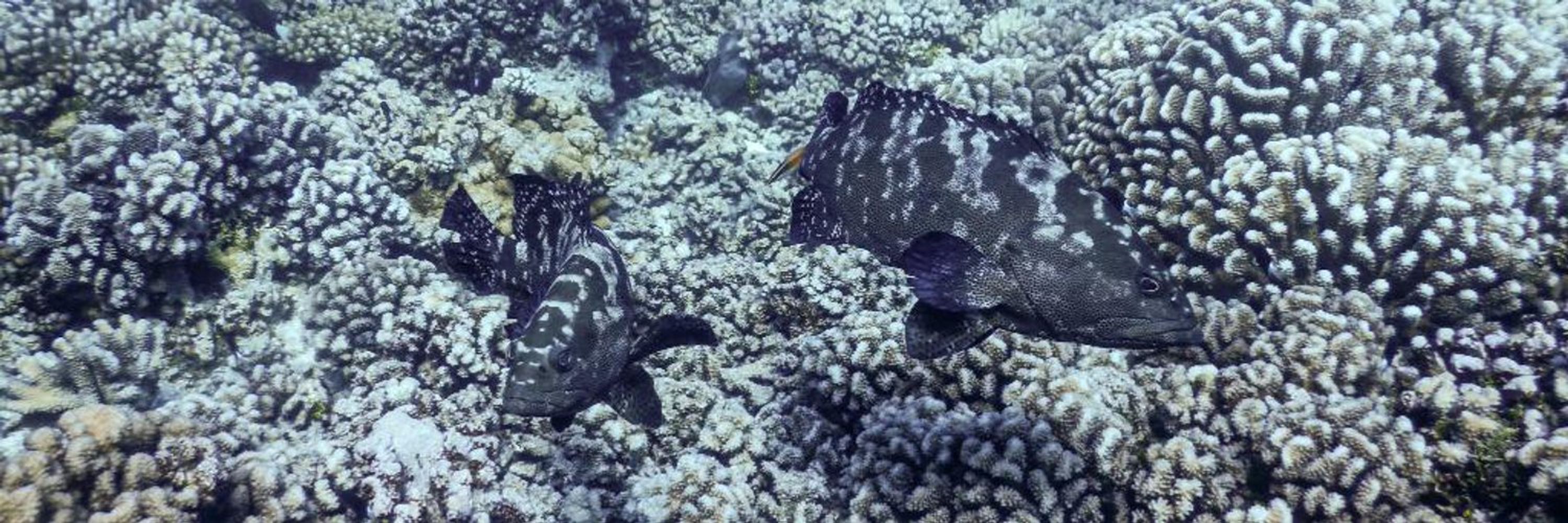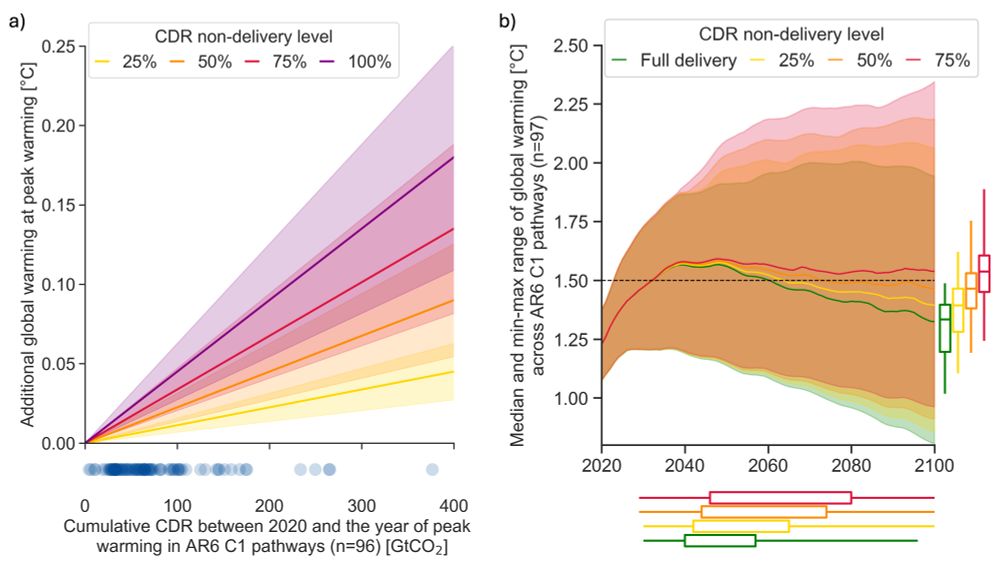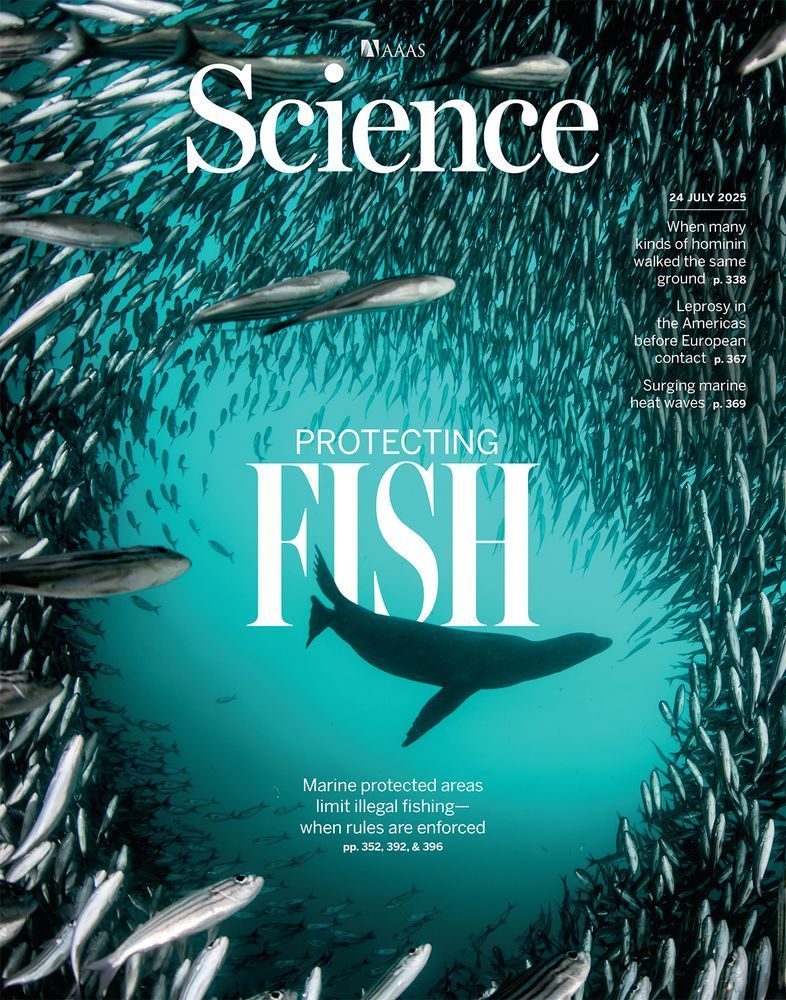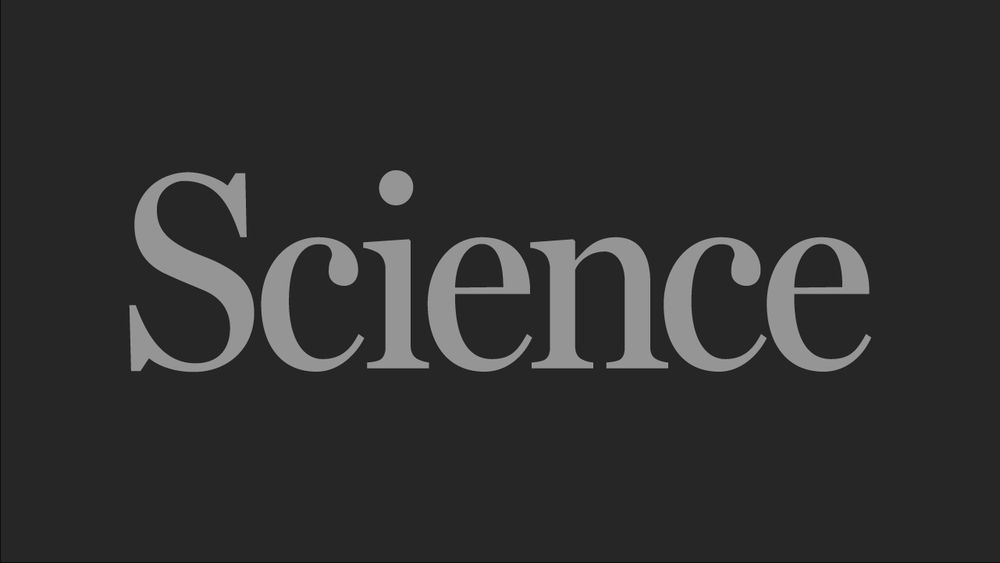
Gaël Mariani
@gaelmariani.bsky.social
230 followers
350 following
33 posts
Postdoc at the World Maritime University for @oceanicu.bsky.social.
Working on carbon sequestration in the ocean 🌊🐟 | Impacts of fishing 🚢🎣 | Impacts of #ClimateChange🌡
Posts
Media
Videos
Starter Packs
Reposted by Gaël Mariani
Reposted by Gaël Mariani
Reposted by Gaël Mariani
Reposted by Gaël Mariani
Ian Hall
@ianhall.bsky.social
· 21d

Marine heatwaves modulate food webs and carbon transport processes - Nature Communications
A decade of BGC-Argo and plankton records shows North Pacific heatwaves reshape food webs and trap small particles in midwater, slowing deep-ocean carbon export. Impacts vary by event, underscoring the need for sustained ocean monitoring.
www.nature.com
Reposted by Gaël Mariani
Gaël Mariani
@gaelmariani.bsky.social
· Jul 18
Gaël Mariani
@gaelmariani.bsky.social
· Jul 18
Gaël Mariani
@gaelmariani.bsky.social
· Jul 18
Reposted by Gaël Mariani
Joeri Rogelj
@joerirogelj.bsky.social
· Jul 14
🚨 Out now in @climate-policy.bsky.social: New research with @thomwetzer.bsky.social @rubenpruetz.bsky.social @joerirogelj.bsky.social Lavanya Rajamani, Marianne Wood and Ewan White: States are depending heavily on CO2 removal to meet climate targets, risking the Paris Agreement goal.

















